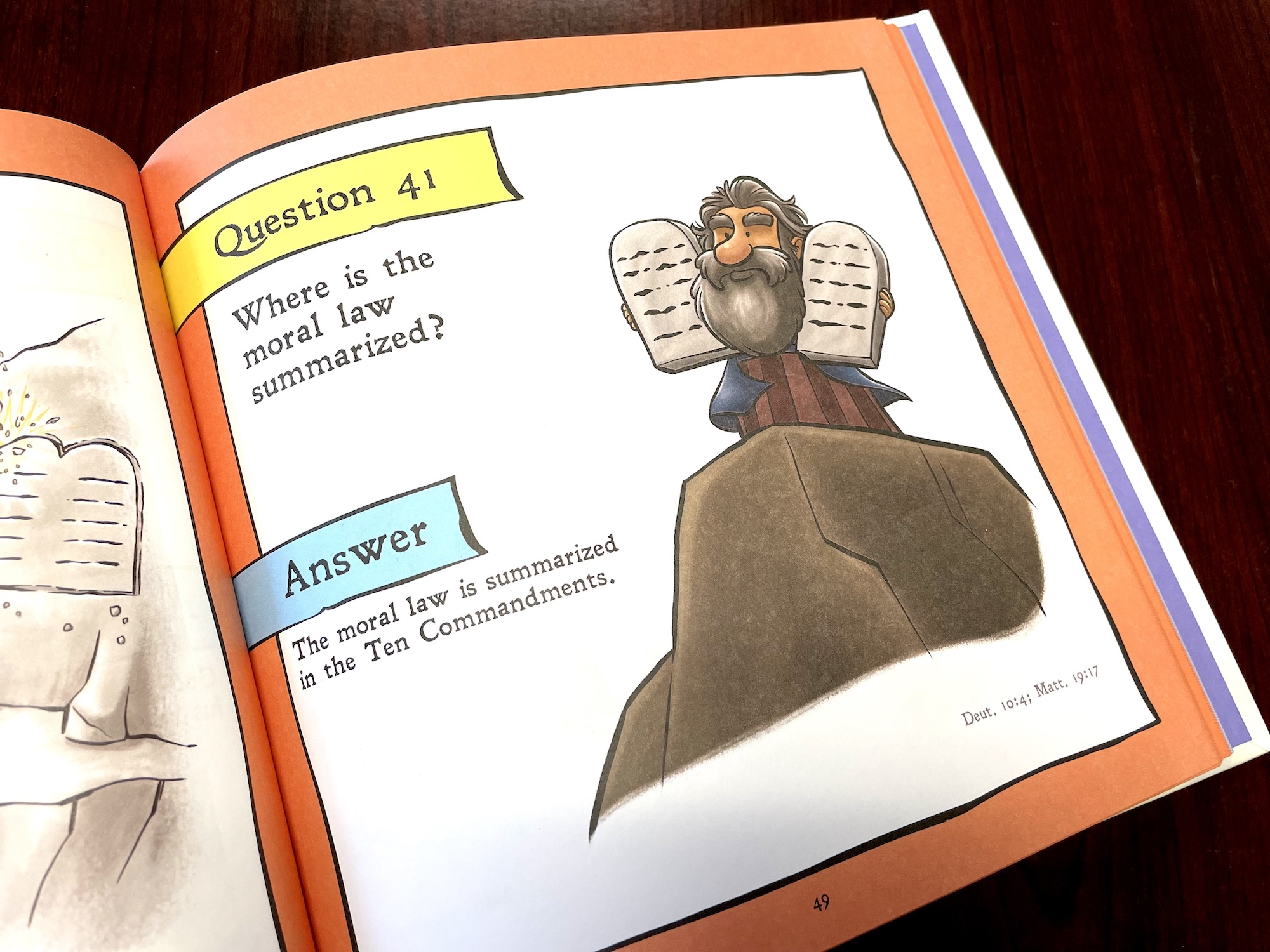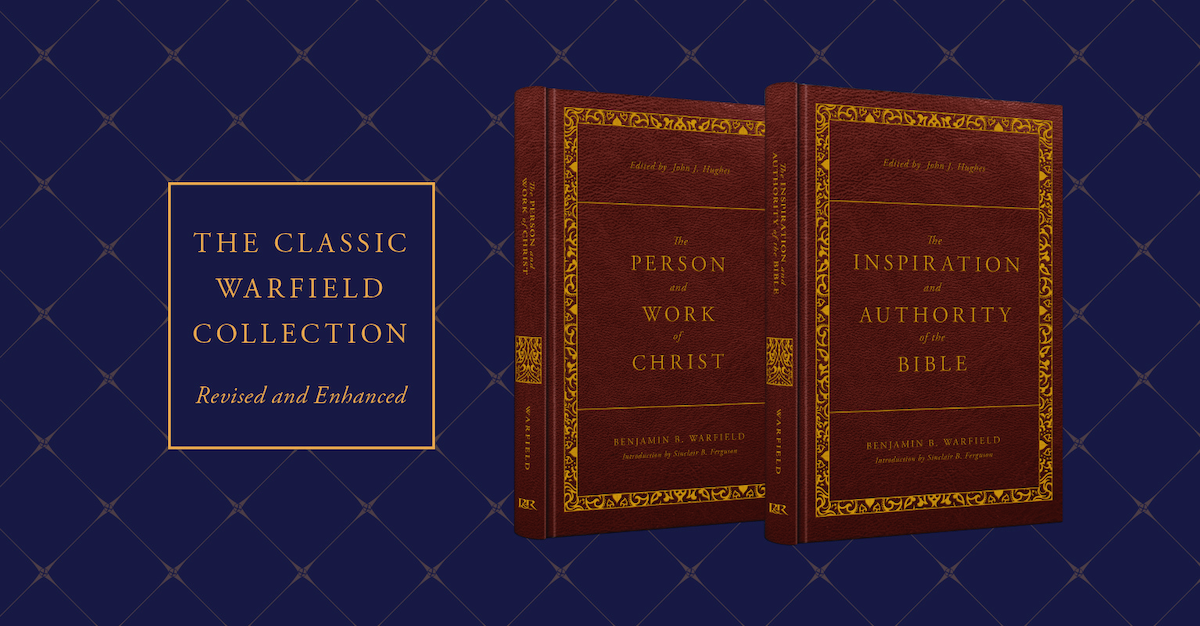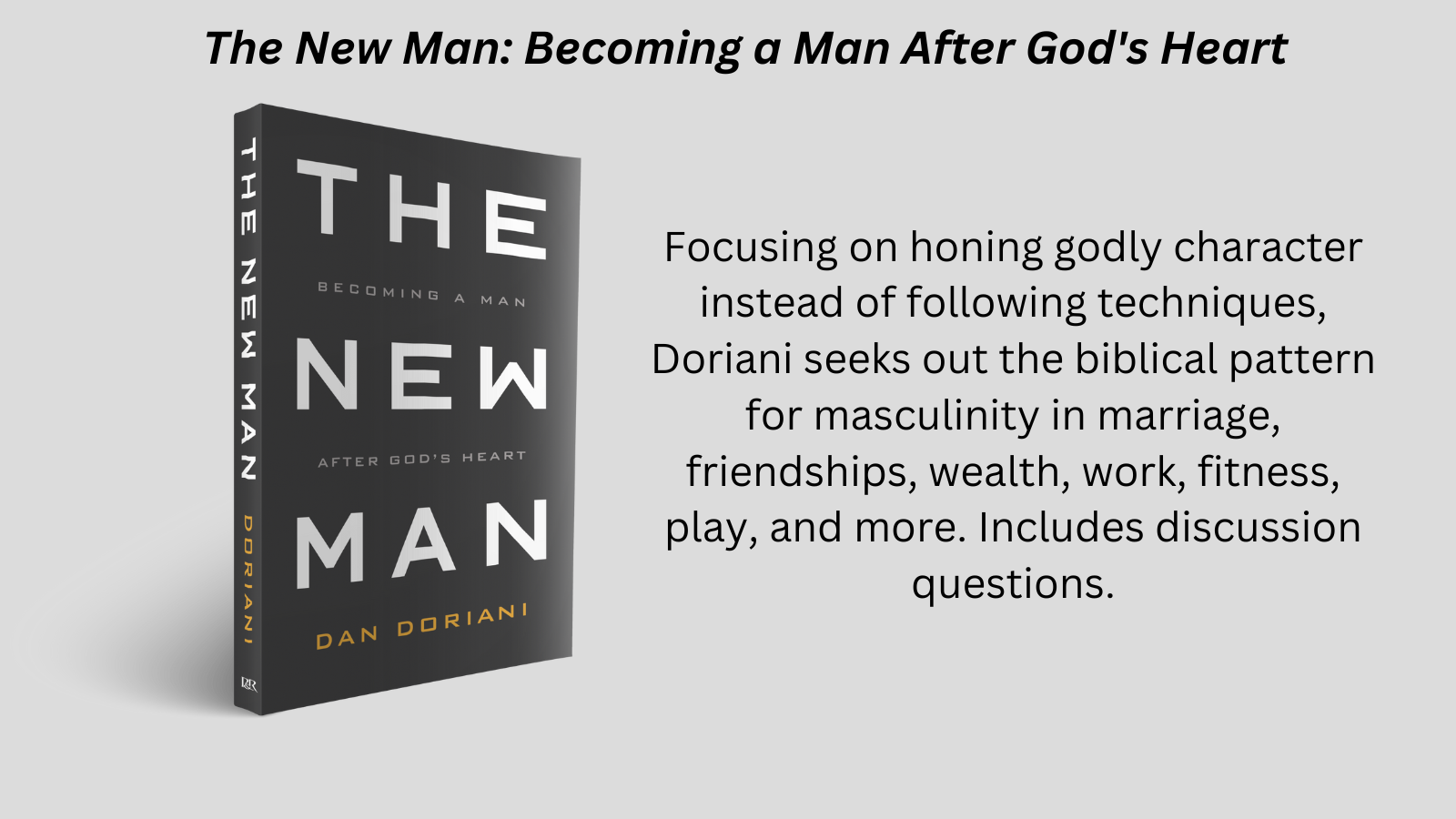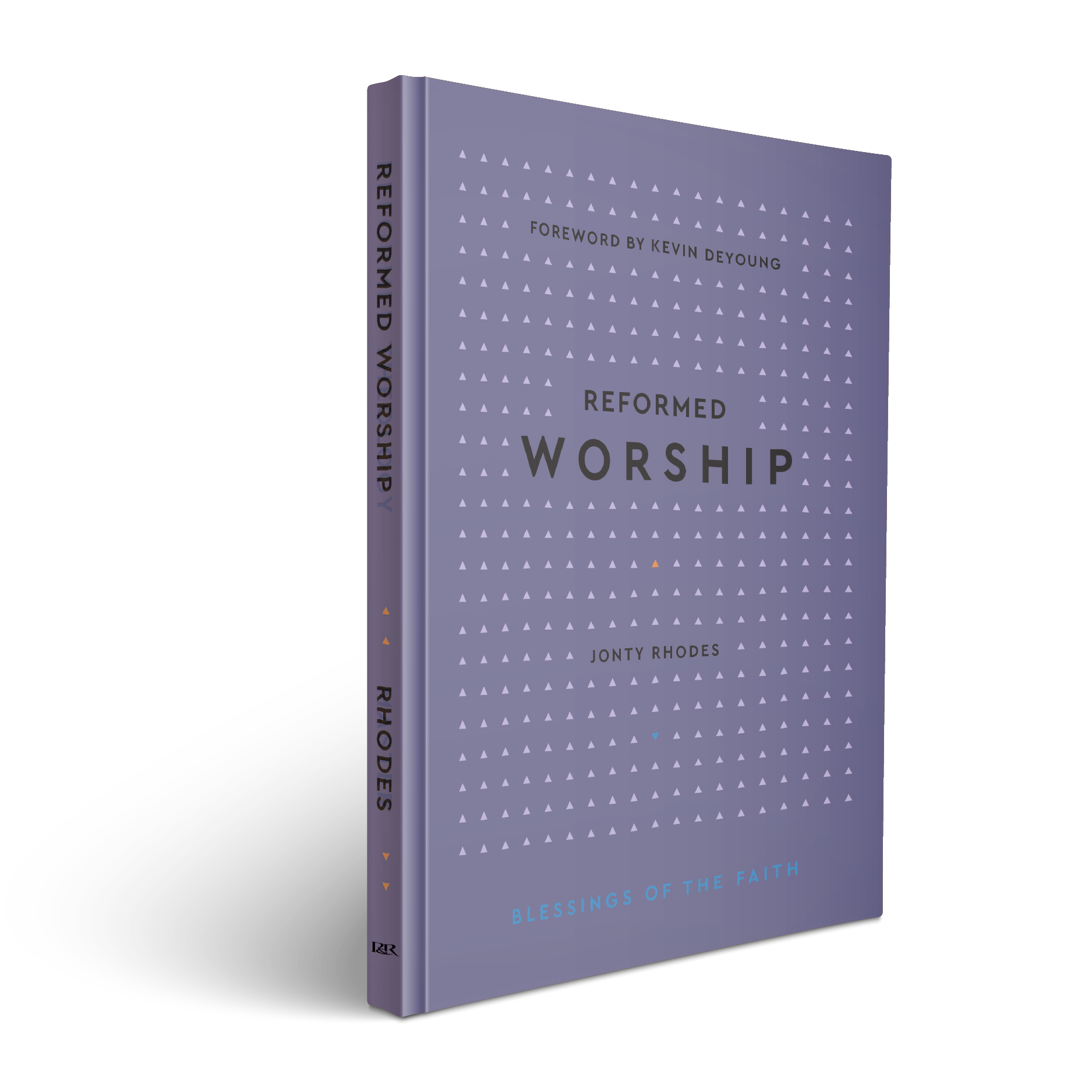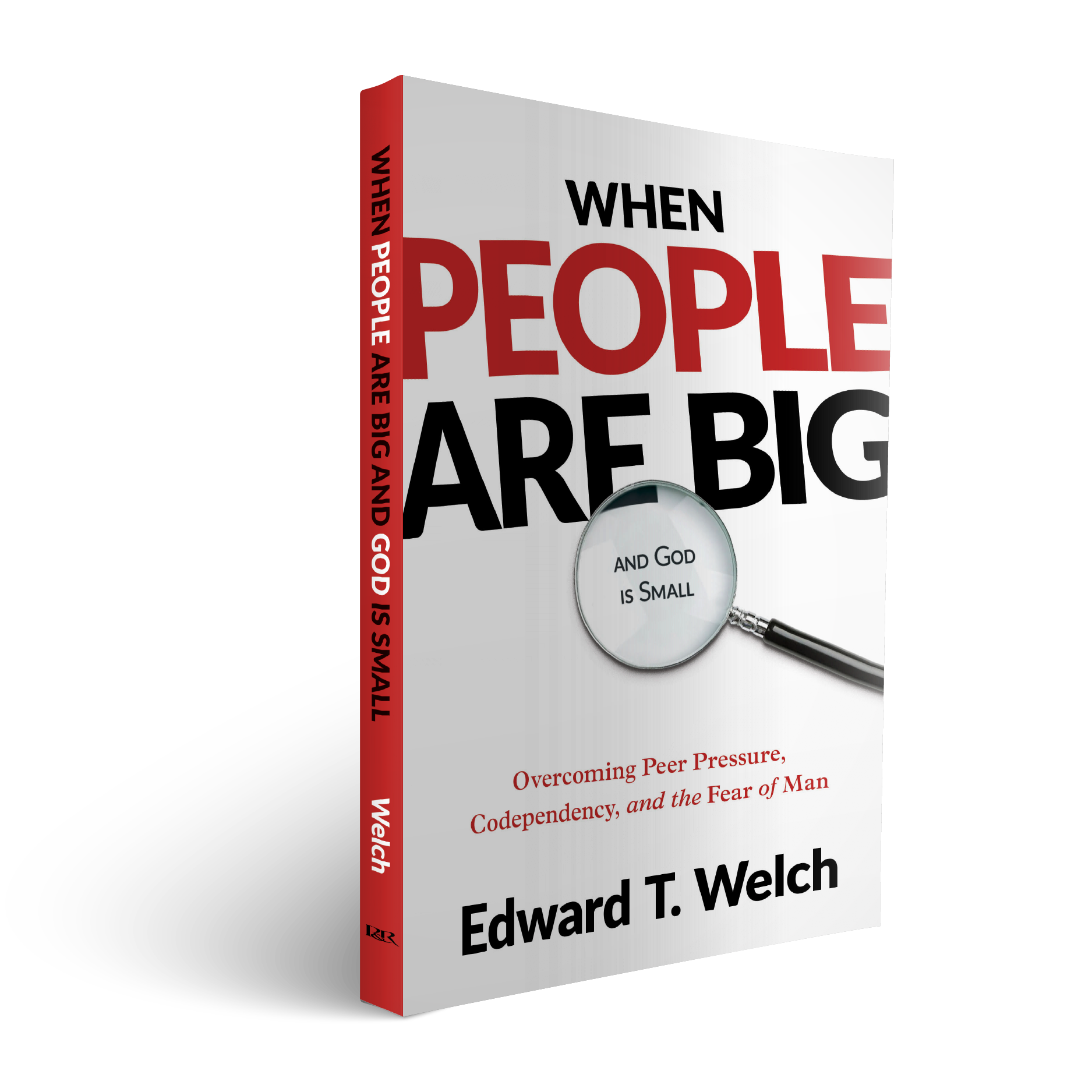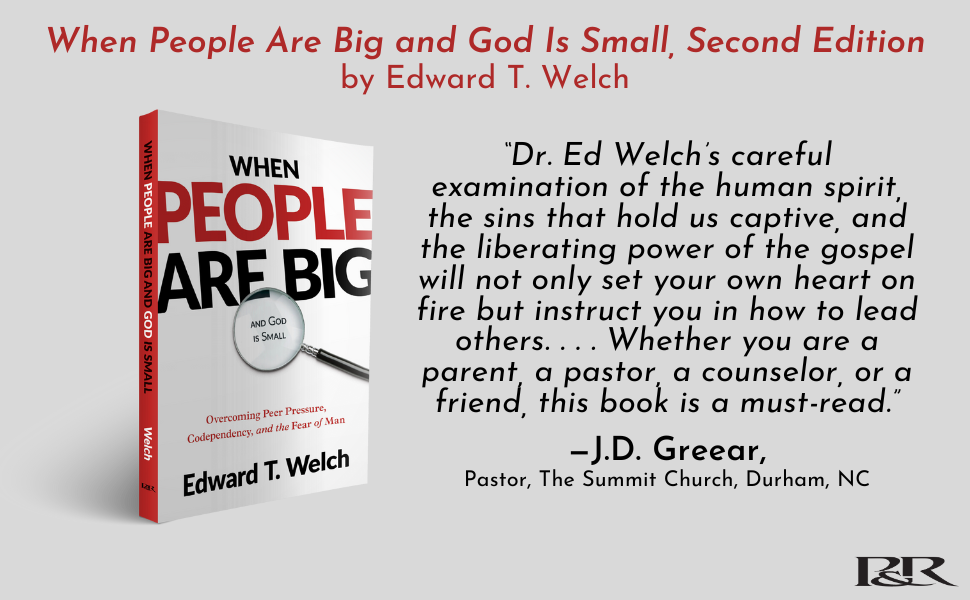The following is taken from a Zoom interview with Dan Doriani and Joy Woo. Dan is professor of theology and vice president at Covenant Theological Seminary. He is the founder and president of the Center for Faith & Work, St. Louis; a member of the Council of The Gospel Coalition; and a regular blogger. He was also a lead pastor for fifteen years. He is the author of many books, including The New Man: Becoming a Man After God’s Heart.
1. What can every believer rejoice in on Father’s Day?
This first question hit me because I didn’t have a very good dad. So this kind of question causes me to contemplate more, but it’s a good question.
The first thing we do on Father’s Day is give thanks for our physical fathers–somebody is our father. The worst father at least gives us life, probably gives us food, clothing, shelter, and medical care, and almost inevitably gives us some skills or dispositions that are positive.
At the very best, we may have fathers who taught us many things and who also introduced us to the great truths of the Scripture through Bible stories when we were little. We don’t just tell stories for the sake of stories, we tell stories that show us who God is. Fathers even have opportunities through stories to talk to their children about what God expects fathers and mothers to be, because good and godly fathers reflect the character of God our Father in heaven, who is kind, compassionate, just, and merciful, as Exodus 34 says. So at best, our fathers modeled love and kindness and told us who we are in ourselves in our created goodness but also who we are as redeemed sons and daughters of God who are under a mother and father who reflect, imperfectly but genuinely, who God is.
2. What are some of the causes for grief that people face on Father’s Day?
Unfortunately, there are several answers to this question. We can probably divide it up into finitude, mistakes, and sin.
Let’s start with finitude. No matter how good or well-intentioned a father might be, he doesn’t have all the skills or abilities necessary to be a perfect dad. No father can do everything that the community of believers can do or that grandfathers, uncles, brothers, cousins, friends, and teachers can help us do. This finitude is just human nature.
Second, fathers make mistakes. These occur when fathers make bad judgment calls; maybe they push us to become engineers—when we actually have no interest in math at all—because it’s a good career with good money and so forth. Now that’s a mistake, but the intention was good. Or a mistake our fathers might have made was to spend too much time at work and therefore they weren’t there for us in some crisis.
Last, fathers sin. There is generational sin—a father who was abused may himself be abusive; a father who was raised by a shouter will likely shout; a father who was raised by a demanding parent will likely demand. Unfortunately, there are some dads who sin all by themselves, apart from generational heritage, as they choose to be given over to some sin—maybe they give themselves to drugs, alcohol, gambling, or some other sin that hasn’t run in their family. This kind of sin also causes catastrophic damage.
So there are lots of reasons to lament the mistakes, the finitude, and the sins of our fathers. It is helpful to distinguish between these categories and not to view every negative thing our fathers have done as deliberate.
We also grieve fathers who have died, whom we loved dearly. Maybe we were ourselves older when our father died and we knew it was time, but we just miss our dads on this day. It is also very sad when we grieve fathers who are gone because of divorce, and it’s very sad to lose a dad who may have died at an early age of cancer.
Or you can have grief because you weren’t as close to your dad as you hoped to be, even though he was a good dad. Maybe you were the less “favored” child or sensed you were a little bit less beloved, even if you had a good father. Parents do play favorites at times, even though they try not to, and that stings in its own way.
Finally, surrogate fathers and their departure is another cause for grief. Personally, I was blessed with a number of surrogate fathers, including a mentor at work, and one of my grandfathers, an uncle, and so forth. When these figures die, that also leaves a hole in our lives..
3. We have seen why children may be grieving on Father’s Day, but what might even fathers themselves be saddened by on this day?
The happiest form of grief in this case is the grief that your children are all grown up, on their own and doing so well, but you don’t see them much anymore!
A second grief would be one over your own imperfections or certain ways in which you didn’t quite handle fatherhood right. All fathers accidentally set bad examples in different ways. These can include things like the way we eat, when we go to sleep, when we wake up; whether we work too hard, whether we don’t work enough.
Of course, there is greater grief if we know we have sinned against our children. Or maybe we were self-righteous and viewed ourselves as paragons of virtue. In that case, we have reason to grieve, if in our own zeal to be good Christians we didn’t talk enough about grace or live lives of grace and repentance with our children. That is something that even a really good dad could struggle with.
There is also the possibility that we worked too much and weren’t around enough. Or sometimes dads wish they could have provided more for their kids; maybe they had a good job and worked hard, but they didn’t have a job that paid a lot, and so their children lacked opportunities they wished they could have given them.
4. How would you encourage those who find themselves grieving rather than celebrating this coming Father’s Day?
The Bible is very clear that we work our way out of grief with godly or biblical celebration. First of all, we believe God is sovereign, so although my own father was profoundly imperfect, he is the father God gave me, and he was a good father in certain very important ways, no matter what his faults might have been.
If we are grieving our earthly fathers, the key is to take time to name what is praiseworthy, give thanks, and be content. Be thankful for what you can properly and genuinely celebrate about someone’s life. Trust in God’s sovereignty. Be content. Those are the best and first things to do if your own dad was imperfect.
If you yourself were imperfect as a father, I think the first thing to do is to celebrate God’s grace. Even if it is a little bit late in life, you can express to your children that you do not take God’s grace toward you lightly but that God has indeed forgiven you, though your sins against them are still serious. You can tell them that you hope they are able to forgive you and that they also would taste God’s forgiveness and God’s grace and mercy toward them.
So we can be encouraged as we give thanks and are aware of the gospel. Even if we had a very grim experience of a father, first we can give thanks that we live in this world because of our fathers. Second, we can give thanks for surrogate fathers, fathers in the faith, those who took a role in our lives to recognize and help us grieve our experience of poor earthly fathers. Third, we can look to God our heavenly Father. The Bible shows him as a Father to the fatherless through the life of the church.
5. How are you planning on celebrating Father’s Day this year with your own children and grandchildren?
Well, I have to say, Father’s Day is pretty awesome in our house. We’ll probably have a cookout, and there will probably be a battle to see who gets to be the main griller. Everybody will pitch in and help, and we spend a lot of time giving thanks. We give thanks for all four dads; this is something we do as a family—we regularly celebrate each other. All the dads will hear why they are beloved and what we appreciate about them. Then we will probably do some sports, throw children in the air, and play games together!
The New Man is based on the traits of God—God works, therefore we work; God cared enough about our bodies to redeem our bodies, therefore we take care of our bodies. Godly parenting starts with knowing God as your Father in heaven, because good dads are like God the Father.


